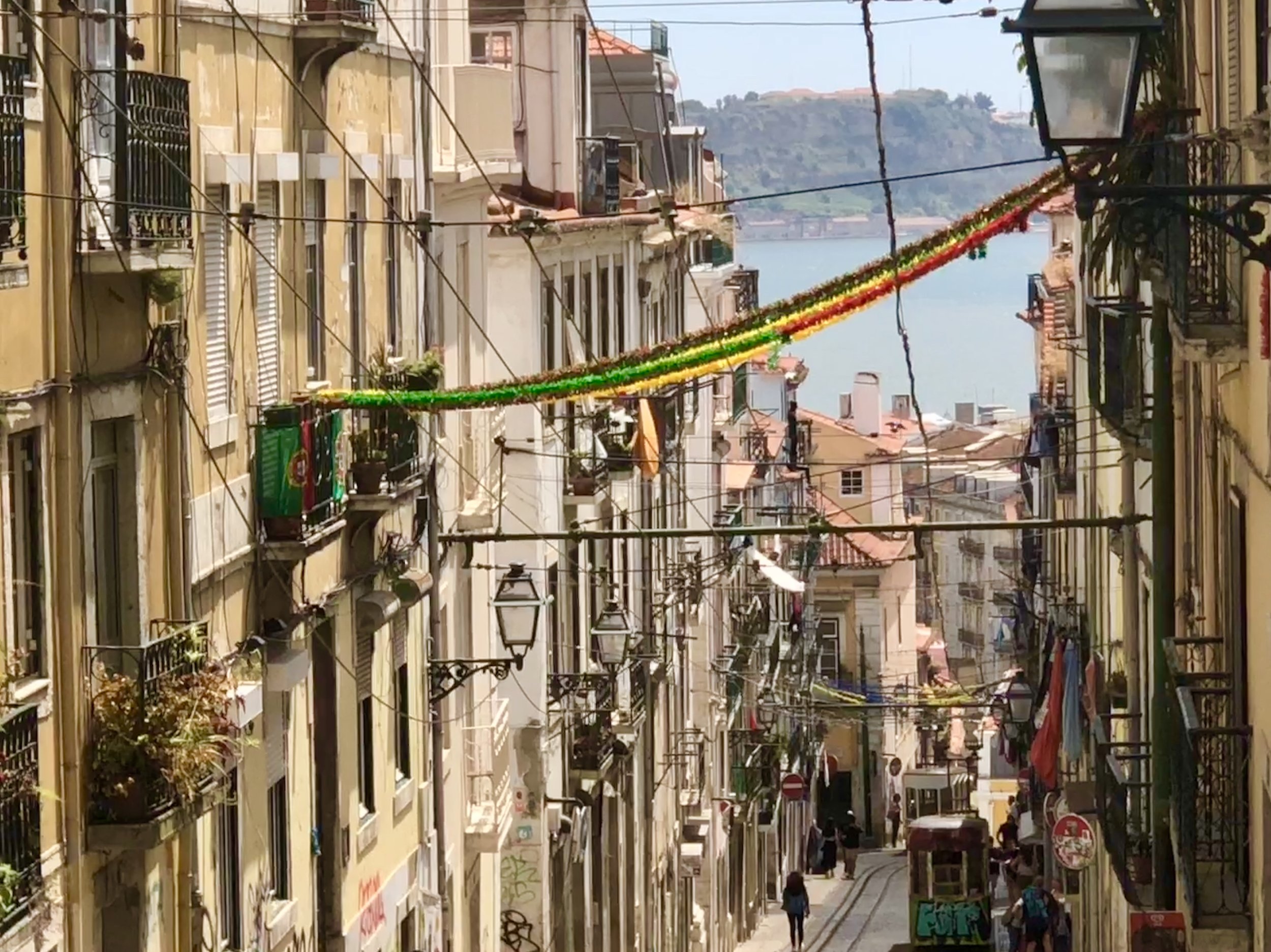10 most interesting facts about Portugal
Portugal has always been one of my favourite countries, my place where I always come back to. The nature, the history, the people, the language, the way of life… everything speaks to me and attracts me. It is my happy place, my one place away from home, that always felt like home. So I decided to share some known and less known interesting facts about this amazing country.
1. Portugal is the oldest country in Europe
Portugal has had the same defined borders since 1139, making it the oldest nation-state in Europe. Afonso Henriques was proclaimed the first King of Portugal in 1139 and the country remained a kingdom for almost 800 years thereafter, until 1910. Also, Lisbon is older than Rome, and among the oldest cities in Europe. Archaeological finds dating back to 1200BC reveal Phoenician populations in and around Portugal’s capital city.
2. The biggest wave ever surfed was in Portugal
Portugal has a coastline that spans 800 kilometres and it’s known to be one of the world’s top surf spots. In October 2011, Garrett McNamara caught the biggest wave (+30 m / 90 ft) ever surfed to date at Praia do Norte in Nazaré.
3. Portugal had a huge influence on the world and its cuisine
In 1492 Portuguese reached the island of Tanegashima, being first European people to reach Japan. So, the Japanese culture was exposed to several new European technologies and cultural practices in the military area (the arquebus, European-style cuirasses, European ships), religion (Christianity), decorative art, and culinary (the Portuguese introduced the tempura, a dish of battered, deep-fried vegetables and seafood and above all, refined sugar). Even in the language, the Japanese word for thank you “Arigato” comes from is the Portuguese word “Obrigado”. The Portuguese invented Piri-Piri sauce. introduced chili pepper, potatoes and tomatoes to India and Thailand, without which curry wouldn’t exist! Not to mention, Portuguese also brought coffee to Brazil and the ukulele to Hawaii!
4. A Portuguese brought the habit of drinking tea to England
Catharine of Bragança, a Portuguese princess, and Queen of England, introduced the habit of drinking tea in England. Though she did not introduce tea, she made it a fashionable and widely drunk beverage. She was also responsible for the English using forks at dinnertime.
5. Portugal has a lot of „world's oldest…“
Portugal has one of the world’s oldest universities, The University of Coimbra, established in 1290. Although it was first established in Lisbon, later it was transferred (a few times back and forth) to Coimbra. The oldest bookstore in the world is in Portugal’s capital of Lisbon. Bertrand Bookshop was established in 1732, while the original store was destroyed in an earthquake in 1755 and rebuilt in its current location in 1773. Portugal and England have the oldest diplomatic alliance in the world. The Anglo-Portuguese Alliance was signed in 1373 and is in force until this day! Both countries entered wars to defend the other, including the United Kingdom entering the Iberian Peninsular War and Portugal entering World War I.
6. Portugal once had a dead Queen
This is one fact that is quite bizarre and somewhat morbid. When Pedro I was crowned King of Portugal in 1357, he proclaimed his lover, Inês de Castro, Queen despite the fact that she had died 2 years before, in 1355. Legend says he ate her killers’ hearts when he caught them. And that she was exhumed to be crowned.
7. Portuguese is one of the most spoken languages in the World
The Portuguese language is the 6th most spoken language in the world with 220 to 240 million native speakers around the world. It’s the official language of 7 countries (Portugal, Brazil, Cape Verde, Angola, Guinea Bissau, Mozambique, , São Tomé and Príncipe,), and it has co-official language status in Equatorial Guinea, Macau and East Timor. Portuguese is also spoken in Goa, Daman and Diu (India).
8. Portuguese Fado was classified as world cultural heritage by UNESCO
Portugal has a tradition of Fado, the idea that one’s fate or destiny cannot be escaped, and it’s the name given to a form of traditional Portuguese singing that originates in urban Lisbon and has been given UNESCO World Intangible Cultural Heritage status. You’ll often hear Fado in bars, cafes and restaurants – melancholic songs of love, loss, hopefulness and resignation – accompanied by soulful guitars, mandolins and violins. Fado also appears in in everyday speech: people often use the expression oxalá which means ‘hopefully’ or ‘if only’, from the Arabic inshallah = ‘god willing’.
9. Portugal was first in a lot of things:
Portugal was first European nation to engage with the transatlantic slave trade, taking slaves from West Africa to the New World. It was also the first colonial power to abolish slavery, all the way back in 1761, half a century before Britain, France, Spain, or the United States. Portugal was one of the first countries to adopt the euro but you can still exchange Portuguese escudo banknotes for euros. It officially gave up its own currency, the Portuguese escudo, in favour of the euro in 1999. Euro currency was introduced in 2002 and the Banco de Portugal (Central Bank of Portugal) will continue to exchange escudo banknotes until 28 February 2022. The first recorded hot air balloon ascent was in Portugal. A model hot air balloon invented by Father Bartolomeu de Gusmão (1685–1724) ascended on 8 August 1709 at the Casa da India, Terreiro do Paço, Portugal.
10. Portugal is a world leader in renewable energy
By July 2014 around 70 percent of Portugal's energy came from renewable sources such as wind, hydro and solar power. One of the world’s largest photovoltaic farms is near the town on Moura in south-east Portugal. Innovative projects include a floating wind farm (the WindFloat) and WaveRoller, which converts the movement of ocean waves to energy and electricity.

